Table of Contents
What is Monkeypox?
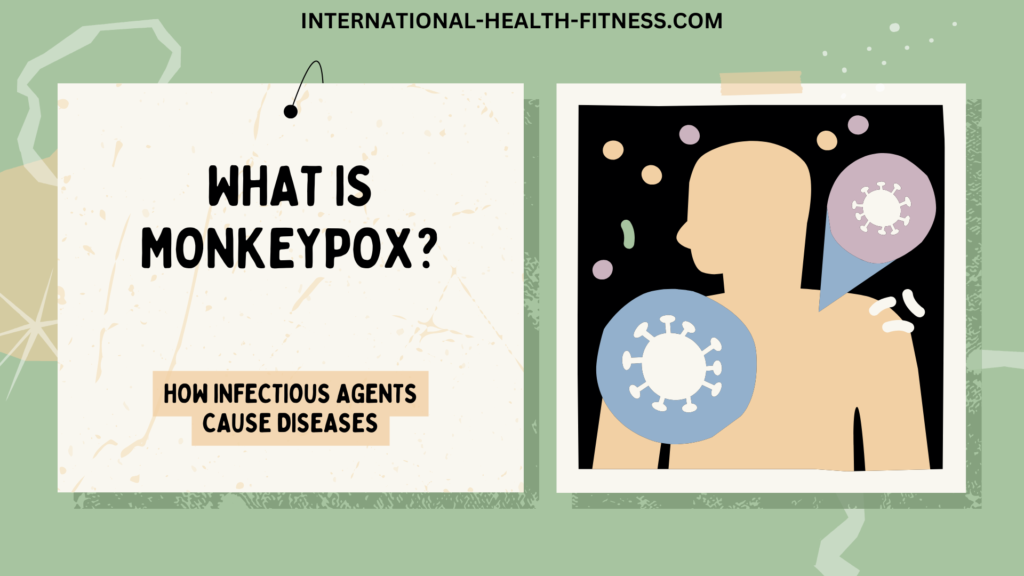
A uncommon viral illness called monkeypox mostly affects people in Central and West Africa. The virus that causes it is the monkeypox virus, which is a member of the Orthopoxvirus family of viruses, which also causes smallpox. Even though monkeypox is not as serious as smallpox, there can still be serious health hazards associated with it, especially in areas where it is uncommon.
Symptoms of Monkeypox:
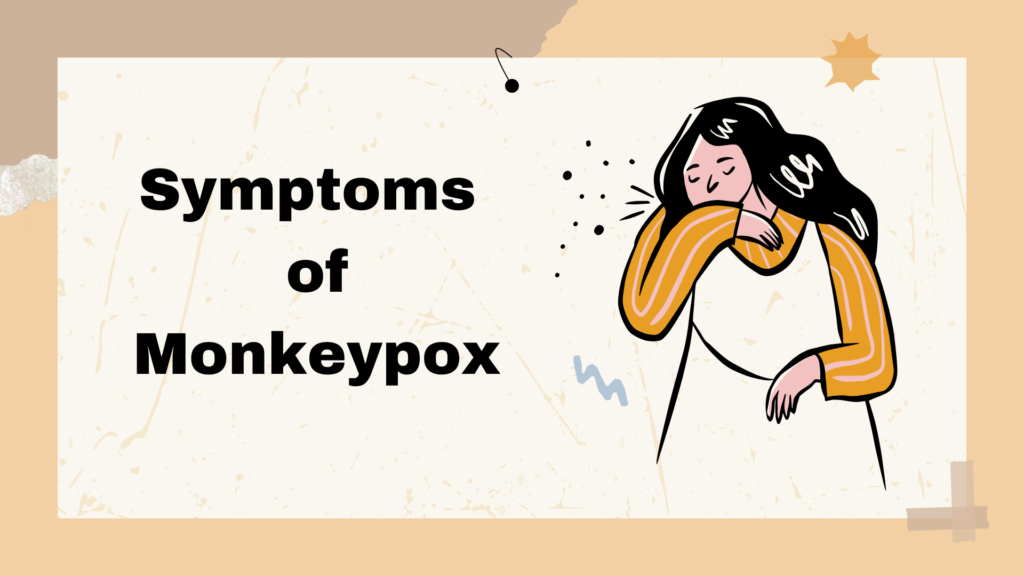
A variety of symptoms can be seen in cases of monkeypox, and they usually appear 7 to 14 days following viral exposure. In most cases, the condition advances through multiple stages:
1-The virus incubates for seven to fourteen days, during which no symptoms appear.
2-Prodromal Phase: Fever, headache, aches in the muscles, backache, and swollen lymph nodes are among the initial symptoms.
3-Phase of Rash: A recognizable rash appears, usually beginning on the face and moving to other areas of the body. There are multiple stages to the rash progression, which include macules, papules, vesicles, pustules, and crusts.
4-Resolution: It usually takes two to four weeks for symptoms to go away. Complications may arise from severe cases, especially in those with compromised immune systems.
Transmission of Monkeypox:
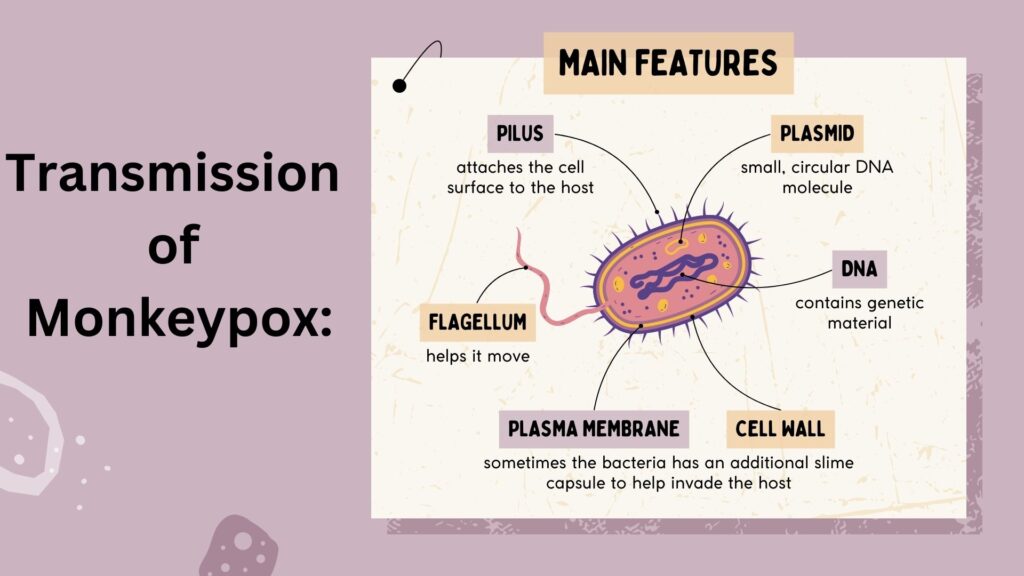
Humans can contract monkeypox by coming into close contact with the body fluids or lesions of rodents or primates that have the infection. Human-to-human transfer can happen by:
1-Direct Contact: Coming into contact with an infected person’s contaminated objects, bodily fluids, or rash.
2-Respiratory Droplets: The virus can spread by respiratory droplets as a result of prolonged face-to-face contact.
3-Contact with tainted clothing or bedding is one example of a contaminated object.
Preventing Monkeypox:
Several crucial procedures are involved in preventing monkeypox:
1-Steer Clear of Infected Animals: Steer clear of handling or consuming bushmeat from animals that may be infected with the virus, especially in regions where monkeypox is known to occur.
2-Maintain Good Hygiene: Using hand sanitizer or regularly washing your hands with soap and water will help lower your risk of illness. Refrain from touching your face, particularly your mouth, nose, and eyes.
3-Put on Protective Clothes: When handling animals or their products in areas where monkeypox is a problem, put on protective clothes like masks and gloves.
4-Isolate Affected Persons: To stop the virus from spreading, people who exhibit signs of monkeypox should be kept apart from other people.
5-Vaccination: Although there isn’t a vaccination specifically for monkeypox, studies have shown that the smallpox vaccine offers some protection against the disease. See a medical professional for immunization recommendations.
What to Do if You are Exposed:
Take these steps if you think you might have monkeypox:
1-Seek Medical Advice: For an evaluation and direction, make contact with a healthcare professional as soon as you can. Inform them of your symptoms and exposure history.
2-Self-Isolate: Keep to yourself in order to prevent any potential illness spread. Don’t share personal items, and keep yourself clean.
3-Observe Symptoms: Report any new symptoms to your doctor as soon as you notice them.
Treatment for Monkeypox:
There is no specific treatment for monkeypox. Management typically involves supportive care to relieve symptoms and prevent complications. In severe cases, antiviral medications such as tecovirimat may be used under the guidance of a healthcare provider.
Monkeypox symptoms
Monkeypox prevention
How to avoid monkeypox
Monkeypox treatment
Monkeypox Virus
Frequently Asked Question:
What is monkeypox?
How is monkeypox transmitted?
Direct Contact: With the bodily fluids, lesions, or contaminated materials of an infected person or animal.
Respiratory Droplets: Prolonged face-to-face contact with an infected person can spread the virus through respiratory droplets.
Contaminated Objects: Contact with objects like bedding or clothing that have been contaminated with the virus.
What are the symptoms of monkeypox?
Fever
Headache
Muscle aches
Backache
Swollen lymph nodes
A rash that starts on the face and spreads to other parts of the body, progressing through several stages from macules to pustules.
How can I prevent monkeypox?
*Avoid contact with animals that may carry the virus, especially in areas where the disease is known to occur.
Practice good hygiene by washing your hands regularly and using hand sanitizer.
*Wear protective clothing, such as gloves and masks, when handling animals or their products.
*Isolate individuals with symptoms to prevent the spread of the virus.
*Consult a healthcare provider about vaccination options, such as the smallpox vaccine, which may offer some protection.
What should I do if I think I’ve been exposed to monkeypox?
*Contact a healthcare professional immediately for evaluation and advice.
*Isolate yourself from others to prevent potential spread.
*Monitor for any symptoms and report them to your healthcare provider.
Is there a vaccine for monkeypox?
How is monkeypox treated?
Can monkeypox be fatal?
immune systems. However, most people recover from the disease within 2 to 4
weeks with proper care. Severe cases can be fatal, so early medical
intervention is important.
Where can I get more information about monkeypox?
How can I stay updated on monkeypox?
To stay informed about monkeypox and other health topics, follow reliable
health organizations on social media, subscribe to trusted health newsletters,
and regularly check updates from health authorities.
Conclusion:
Although rare, monkeypox is a deadly illness that has to be treated and prevented, especially in locations where it is known to occur. You can lessen your chance of infection and make sure you take quick action if you are exposed by being aware of the signs, modes of transmission, and preventive measures. To prevent monkeypox from affecting you and people around you, be vigilant and knowledgeable.
FOR MORE ARTICLES PLEASE CLICK THIS LINK:https://international-health-fitness.com/weight-loss-strategy/
For More Updates:
For more information on monkeypox and other health topics, subscribe to our blog and stay updated with the latest news and health tips. If you have any questions or concerns about monkeypox, please consult with your healthcare provider.



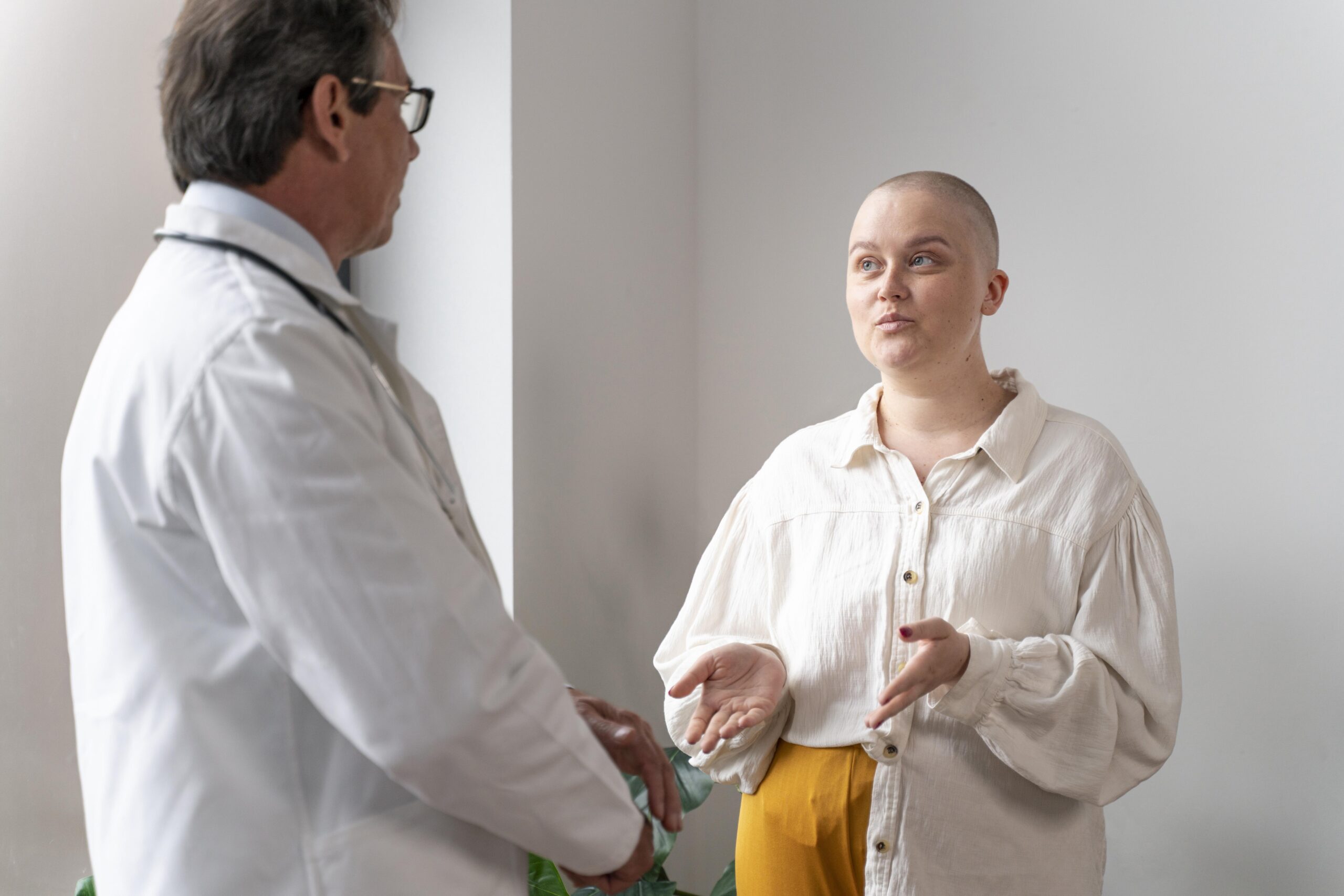

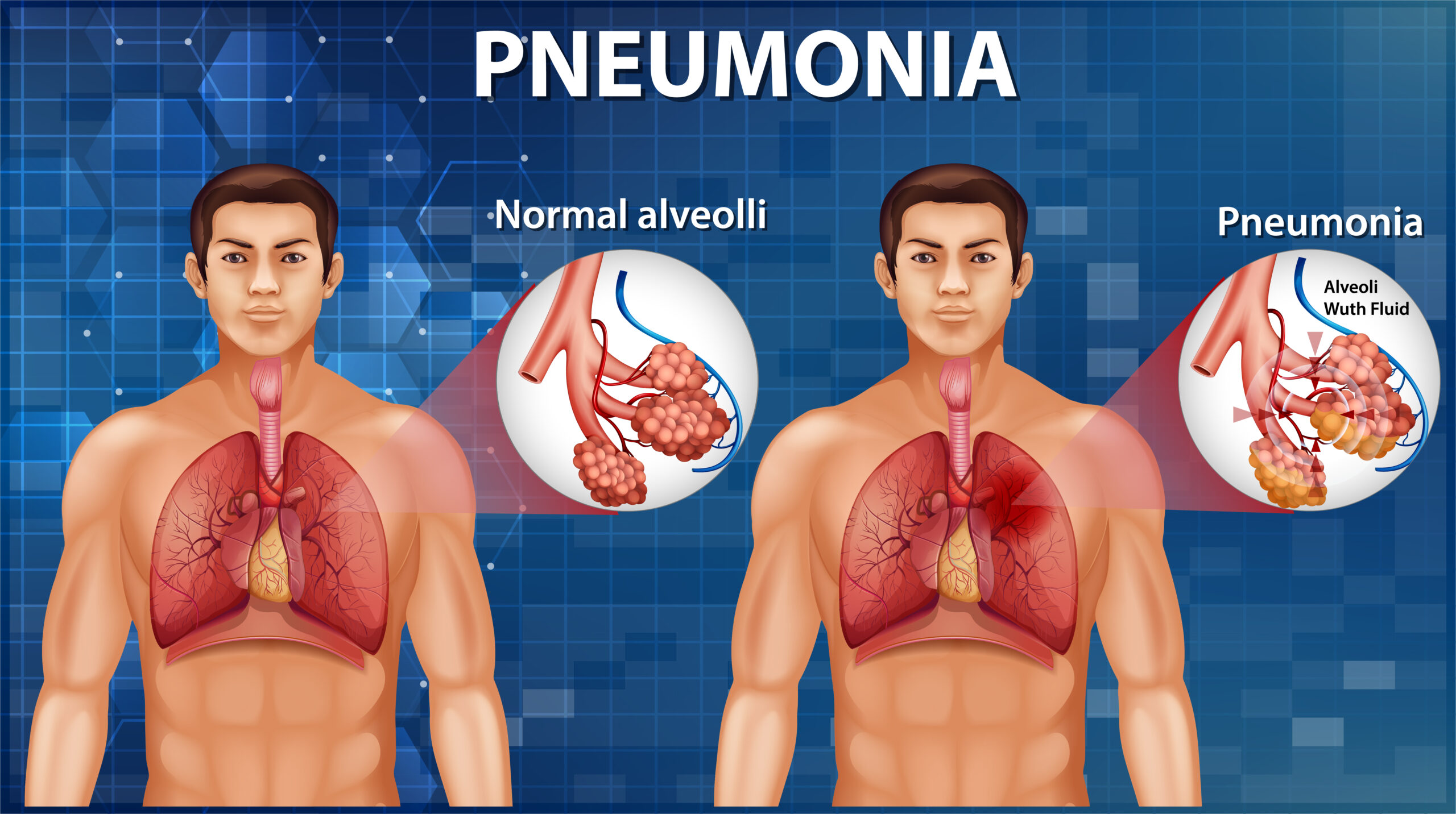
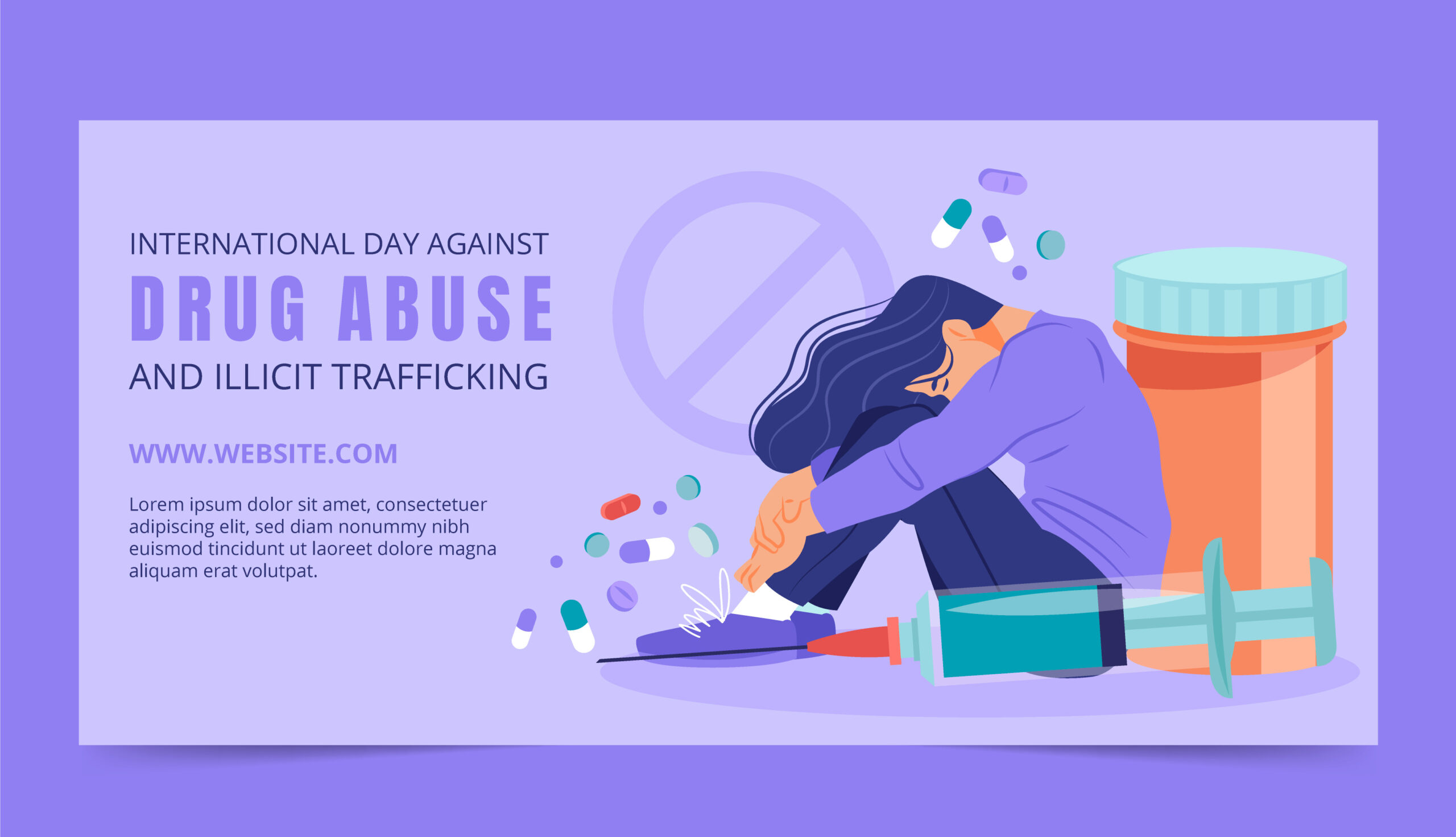
Oho May Allah Protect us for this Virus 🦠
“Great blog post on monkeypox! I found the information really informative and well-researched. The overview of symptoms, transmission, and prevention strategies was particularly helpful. Thanks for shedding light on this important topic!”